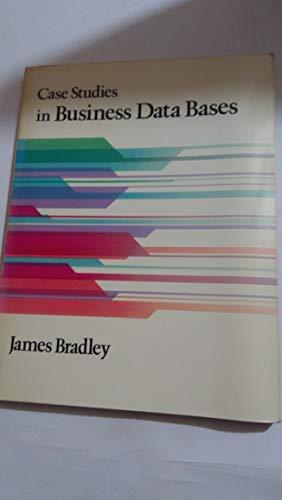Question
Can someone convert this Python 2 code into Python 3 code? **Code:** import re import sys import collections from operator import itemgetter def clean_words(words):
Can someone convert this Python 2 code into Python 3 code?
**Code:**
import re import sys import collections from operator import itemgetter
def clean_words(words): """ Removes anything but letters in word list""" cleaned = []
for i in xrange(len(words)): word = re.sub(r"[^a-zA-Z]", '', words[i]) if len(word) > 0: cleaned.append(word)
return cleaned
def book_to_wordlist(filename): """ Converts a text file to words list. """ words = [] # open book with open(filename, 'r') as _f: # read into buffer split into words and return words = clean_words( _f.read().split(" ") )
return words
def print_histo(top_20_words): """ Prints a histogram of top 20 words """ max_repeat = list( max(top_20_words, key=itemgetter(1)) )[1]
for tup in top_20_words: print "%s " % (tup[0]), # 20 *s for largest for i in xrange(tup[1] * 20 / max_repeat): sys.stdout.write("*")
def main(): books = [ "around_world.txt", "republic.txt", "three_musketeers.txt", "walden.txt" ]
# For each of these texts perform the following tasks for book in books: # Create a list of 20 words most frequently appearing words = book_to_wordlist(book) counter = collections.Counter(words) top20 = counter.most_common(20) print book # Plot frequencies of all words appearing in the text print_histo(top20) print
if __name__ == "__main__": main()
Step by Step Solution
There are 3 Steps involved in it
Step: 1

Get Instant Access to Expert-Tailored Solutions
See step-by-step solutions with expert insights and AI powered tools for academic success
Step: 2

Step: 3

Ace Your Homework with AI
Get the answers you need in no time with our AI-driven, step-by-step assistance
Get Started


